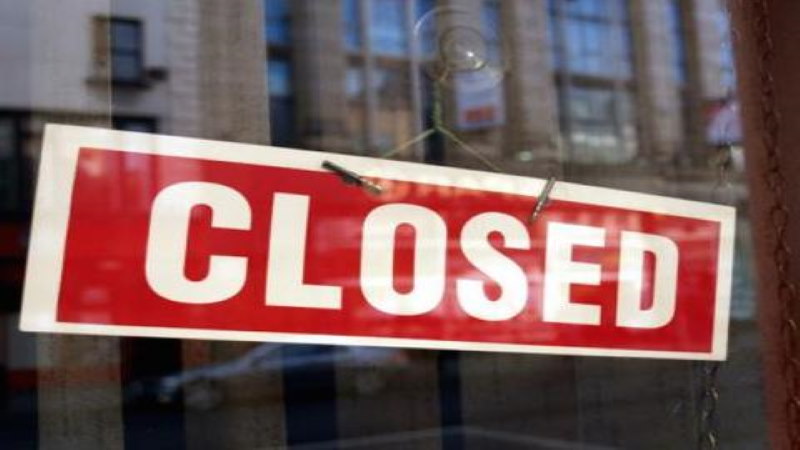
3 Questions Which Tell You If You Should Permanently Close Your Business Or Not
There can come a time in every business owner’s journey, where they are unsure whether they wish to carry on with the business and they start to contemplate closing it down. If they decide to close, then obviously they need to consult with their commercial lawyers to ensure that all the legalities of closing the business are met.
However, to actually get to this point a decision has to be made, and what we are going to examine here, is a process with which a business owner is, with as much certainty as possible, determine that they have made the correct choice.
When we say process, we may unintentionally have you imagining a huge flowchart or mind map with dozens of ‘Yes/No’ intersections which take a business owner one step closer or one step further away from closing their business. In fact, we do not use dozens of questions, in fact, we do not even get into double figures. Instead, we use only three.
Before we go any further, we also assume that even having answered these three questions, business owners would also confer with their family, business associates, and their commercial lawyers before making the final decision.
It should come as no surprise that question #1 is “How strong or weak are the company’s finances?”. After all, a vast number of decisions to close a business have invariably been made based on the financial viability of those companies.
The key here is to be 100% honest with yourself and try to remove any emotion from this assessment. A lot of toil and effort might have gone into building the business so try not to see losses and a lack of income through rose-coloured glasses. If the finances are bad, either accept it or at least try to seek viable ways to improve them.
Question #2 is “Are there any options for placing the business in ‘Hibernation’?”. This is not permanent closure but a temporary one, and where this might be a better option is where one of these scenarios exist:
A short term crisis, where the business is certain to thrive after the crisis is over
The business requires investment, possibly, in modern equipment, to get back to profitability
The loss of large client but if another large client is soon found the business would remain profitable
In these, and any other situation where the business is struggling, but that will only be in the short term, you could effectively press the pause button. This would preserve the business, and legally it would still be liable for business filings and the like, but it would also give you a chance to sort the issues in hand that, once fixed, would allow you to restart when the time comes.
Question 3 is not so much directed at the business but at yourself, and it is one where you may not like the answer. It is ‘Is it the business which is struggling or is it yourself?’. For smaller businesses often it is the caser that the owner has fallen out of love with what they are doing or have simply grown tired of the mental and emotional effort needed to run a business.
If your heart is no longer in it, there is nothing wrong with that, but rather than close what might otherwise be a profitable going concern, why not consider selling it, or find someone to take over the running it for you, whilst you retain ownership?





